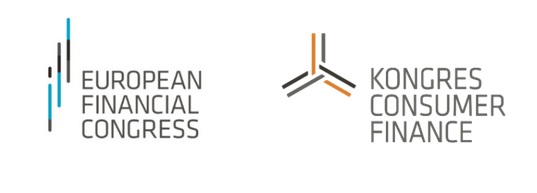On 11.03.2021 the following took place Online debate: Anti-fraud in the Consumer Finance market. The debate was a great opportunity to learn about the experiences of prominent practitioners operating from the fraud environment in the b2c market. Despite the profiling of the debate on the consumer customer, I believe that the material also remains valuable for the factoring market (b2b) especially micro factoring. This is due to many similar aspects of the procedure of obtaining financing, or some common mechanisms and fraud phenomena, especially in the b2sb segment as well as in micro factoring.
The debate featured many interesting aspects related to current fraud mechanisms, the bane of fraud from the covidu period, including fraud on investment platforms, new methods of catching and merging information by financial companies. From the point of view of the factoring market, it is worth noting the issues of verification transfers on identical data (name and surname), which, however, can be counteracted in the b2b sector by excluding from financing accounts that do not support the split payment mechanism, i.e. excluding non-firm accounts (ordinary retail RORs). Issues related to identity theft, the use of multiple SIM cards, the use of IT solutions related to the assessment of user behavior after logging into the banking/factoring platform remain topical for the industry.
The following were identified as ways to counter fraud: a trained experienced team, know-how,, decision engines, databases, manual verification, data from publicly available sources, IT tools, score cards, number analysis (PESEL, account, ID series and number) - compilation of digits and numbers, behaviorist, among others.
Among other challenges, the lack of specialized anti-fraud personnel, especially for online scams, was cited as a challenge.
EFC and KCF logos are not from https://www.efcongress.com and are used for illustrative purposes, copyright - EFC







